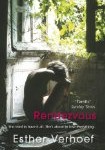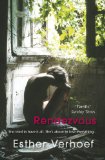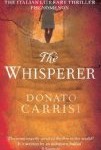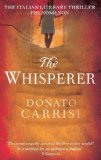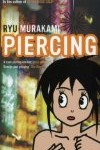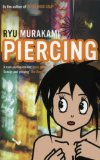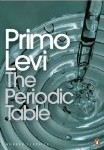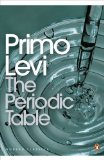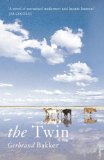 Translated from the Dutch by David Colmer
Translated from the Dutch by David Colmer
Winner of 2010 International IMPAC Dublin Literary Award
Five words from the blurb: remote, Dutch, twin, death, choices
The Twin is a quiet, tender story about one man learning to cope with the loss of his twin brother. Helmer lives on a remote Dutch farm with his dying father. He never wanted to be a farmer, but the death of his twin forced him to return to the family home. Helmer’s isolated existence is brought to an end by the sudden arrival of his twin’s fiancee.
Very little actually happens in this book, but I was captivated its emotional intensity. I quickly felt that I understood Helmer and his frustration at the way his life had unfolded.
‘You never said anything,’ Father says. ‘You never said you didn’t want to.’
‘You didn’t have much choice.’ I walk back to the window and follow the line of the dyke until I can see the lighthouse again.
‘No.’
The writing was simple, but allowed subtle emotion to bubble through to the surface of every page.
From the description you’d expect this to be a depressing book, but while there were a few sad moments, I found that the tone always lifted before I had a chance to shed a tear.
This book won’t be for everyone, but if you’re in the mood for a book that investigates the inevitability of life then this is the perfect choice.

.
The thoughts of other bloggers:
As painful as it is, it’s a wonderous experience to dwell with them for a time. The Mookse and the Gripes
This simple book surprised me. I will read it again. Page247
The scenery is wonderfully described you get the feeling of isolation and strangeness of platteland… Winstonsdad’s Blog




